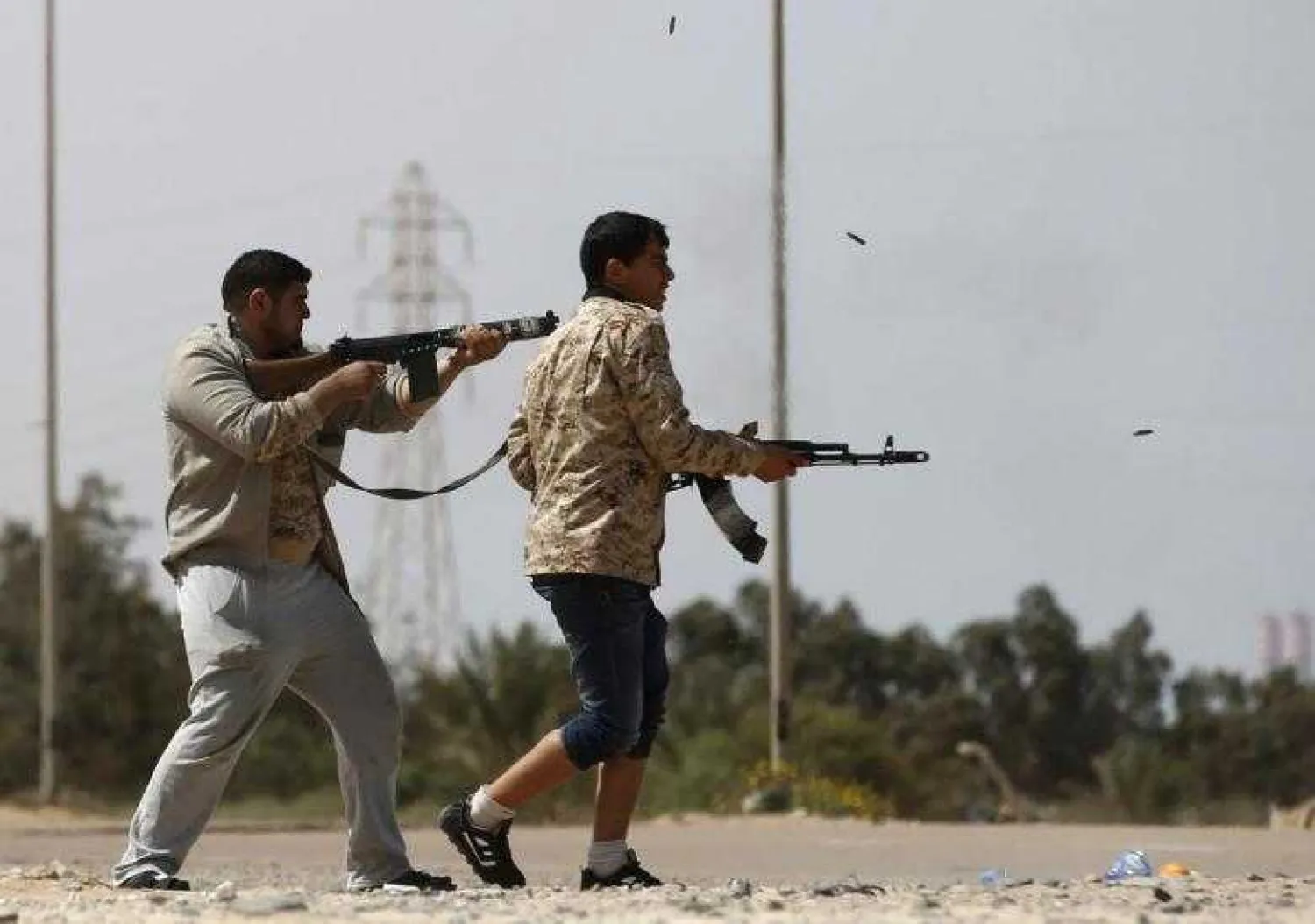At least 11 terrorists were killed in an air strike carried out this week by the United States Africa Command (AFRICOM) near al-Uwaynat desert in Libya.
AFRICOM said it carried out the operation in coordination with the Government of National Accord (GNA), killing 11 al-Qaeda in the Islamic Maghreb (AQIM) terrorists and destroying three of their vehicles.
“AFRICOM will use precision strikes to deny terrorists safe haven in Libya. We will keep pressure on their network, and they remain vulnerable wherever they are,” it said in a statement.
This is the third US raid targeting AQIM terrorists, the last of which killed a militant on July 13.
Eyewitnesses and a security source told Asharq Al-Awsat that the air strike, completely destroyed the vehicles in the Libyan desert. They pointed out that Red Crescent teams headed to the scene of the raid, and rescued an injured man who succumbed to injuries in hospital.
Meanwhile, the UN Support Mission in Libya (UNSMIL) warned of "extrajudicial killings in the capital Tripoli."
UNSMIL issued a statement, saying it continues to receive reports of armed groups carrying out extra-judicial killings in Tripoli, a phenomenon that has been on the rise over the past few weeks.
“The Mission affirms that allegations of offenses and personal disputes should be judged in a court of law, not by gunmen on the streets.”
The Mission called on the Libyan authorities to adopt with immediate effect the necessary measures to protect all persons from targeted killings, send a strong message that these acts are completely unacceptable and back these messages with objective investigations to identify and hold perpetrators of such crimes accountable.
“Extrajudicial executions are not only acts of extreme cruelty, violating the laws of this country; they also violate International Human Rights and Humanitarian Laws. Those responsible for committing or ordering extrajudicial killings are criminally liable under international law,” the statement concluded.
In related context, the EU agreed to fund 24 Libyan municipalities as part of an agreement signed along with the United Nations Development Programme (UNDP) and the United Nations Children’s Fund (UNICEF).
The agreement was also signed by Libyan Minister of Local Governance Baddad Gansu.
The three-year program, named “Recovery, Stability and Socio-Economic Development in Libya” was funded by the EU with €50 million in the framework of the EU Emergency Trust Fund for Africa.
The program aims to improve the living conditions and resilience of the most vulnerable populations in 24 municipalities across Libya. It targets municipalities highly affected by migration flows and displacement processes of the Libyan populations.
On Friday, the National Oil Corporation (NOC) announced that several of its crude terminals have been closed due to bad weather, and that loading has been postponed.
The Ras Lanuf, Zueitina, Zawiya and Es Sider terminals are all non-operational, NOC said in a statement, adding that Brega is still open but may be shuttered due to high waves.
"Production has already decreased by 150,000 bpd, and is likely to reduce by an additional 50,000 due to a lack of additional storage capacity," the company said.
The company expected tanks at Es Sider to be fully used within two days, and warned that if the bad weather continues, another 150,000 bpd of production from the Sharara field in Libya's southwest could also be shut.









